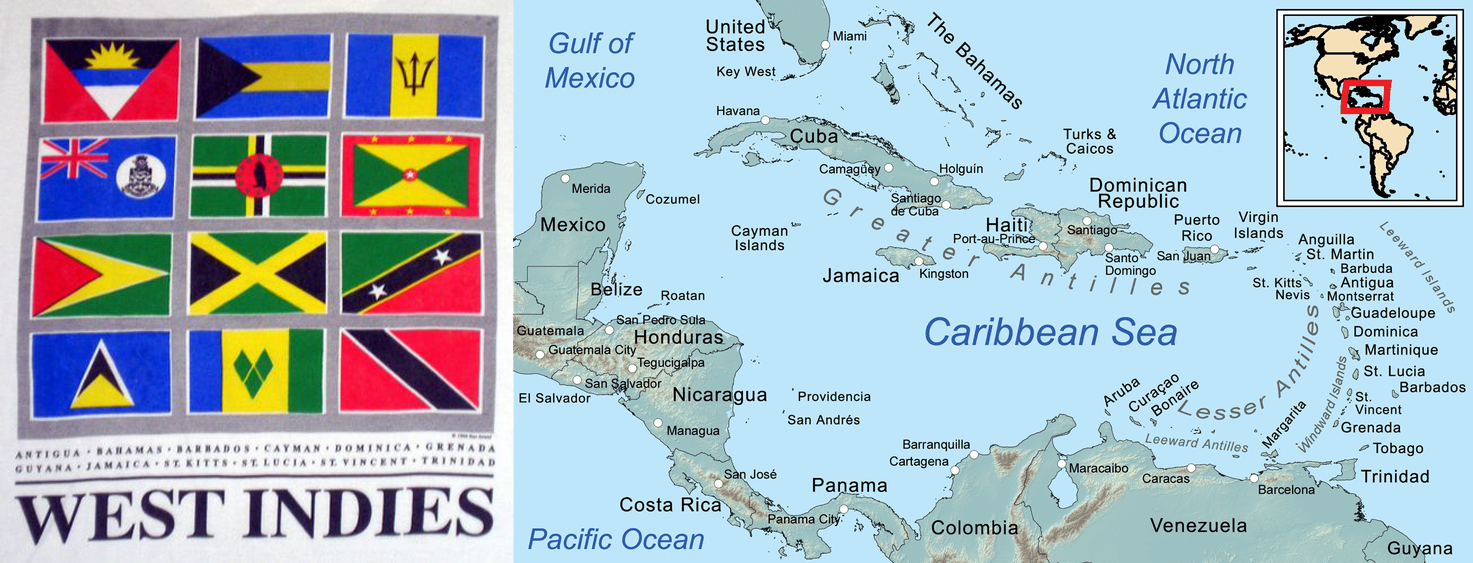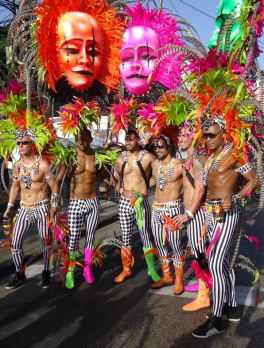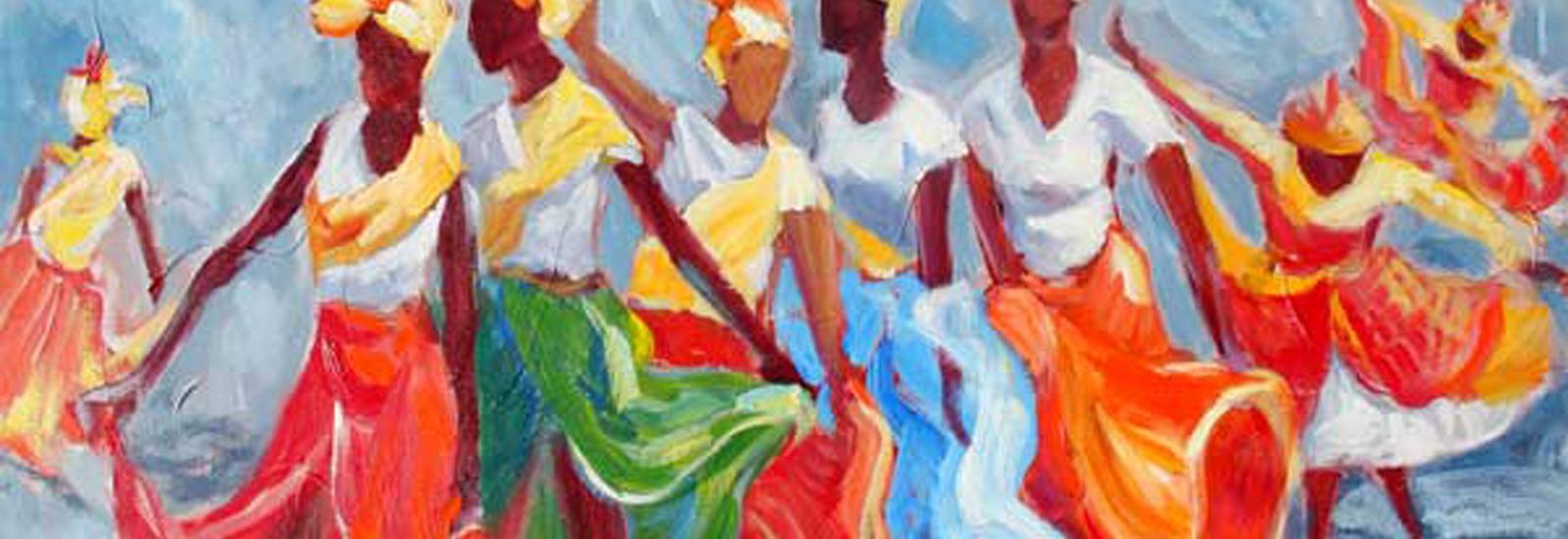
About the Author
Thaliyah Cools-Lartigue (she/her)
Thaliyah Cools-Lartigue is an undergraduate fellow in the Global Arts and Humanities' 2020-21 Society of Fellows cohort. She is pursuing a major in dance with minors in fashion and retail studies. Cools-Lartigue’s primary research interests include dance performance, explorations of personal identity, and methods of improvisation. In performance, she aims to communicate with viewers and support community while pushing for cultural relativism. Cools-Lartigue hopes to continue her love for dance with a professional dance career following her completion of the dance program in spring 2022.

Project Overview
My paternal ancestry within the Lesser Antilles Island of Dominica has shaped my curiosity in how the history and mobility of Caribbean dance has affected Caribbean identity. Historically, cultural dance anthropologists have generalized these embodied tendencies to the Greater Antilles Caribbean geographical region, neglecting the multifaceted and valuable existence of the Lesser Antilles identity. I aim to explain this narrative through a dance film emphasizing my autoethnographic perspective on cultural heritage and the necessity for cultural rights.

Introduction
My West-Indian Caribbean identity serves as a large inspiration for this project. Each individual holds a cultural identification that relates to personal lineage and provides connections to a broader community. As a dancer, these communities are vital to modes of communication and allowing commonalties to translate across borders. However, the specific aesthetics that make up a culture are unique to that entity and encourage an understanding for cultural origin and dignity that is essential for positive mobilization.
Caribbean dance
Caribbean dance is a movement aesthetic evoking celebration, liberation, ritual, peace and pride that is identifiable to populations of the Caribbean Islands. Generations of enslavement, parliamentary rule and identity crises allow the Caribbean body to dance for freedom despite the oppression of the past. Dance artists Katherine Dunham, Pearl Primus, Ronald K. Brown, Jawole Willa Jo Zollar and others are known for their contributions in the mobilization of Caribbean dance and culture. Their work pinpoints the Greater Antilles islands (Cuba, Hispaniola (Haiti and Dominican Republic), Puerto Rico, Jamaica, Cayman Islands) and rejects the Lesser Antilles (British Virgin Islands, Anguilla, Saint Kitts and Nevis, Antigua and Barbuda, Montserrat, Guadeloupe, Dominica, Martinique, Trinidad, Saint Lucia, Saint Vincent and the Grenadines, Barbados and Grenada). However, the larger issue lies behind this exposure, encouraging a misinterpretation of the Caribbean identity from a colonized perspective, excluding the voices of the West Indian Caribbean people. This can encourage the same modes of colonial domination that have affected West Indian culture in the past.
Caribbean dance as survival
Interviews with Caribbean dance artists Kieron Sergeant and Candace Thompson-Zachary, along with lectures, webinars and articles helped to recognize Caribbean dance as a survival tactic that exists in the constant shifting of Caribbean identity and among society. It is a decolonial act that thrives in Caribbean atmospheres and in the bodies of Caribbean people as a sense of honor. In a curated dance film, I present this cultural right to Caribbean dance as essential and valuable to dance research and to the Caribbean identity.

